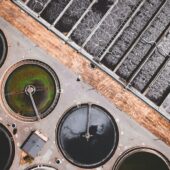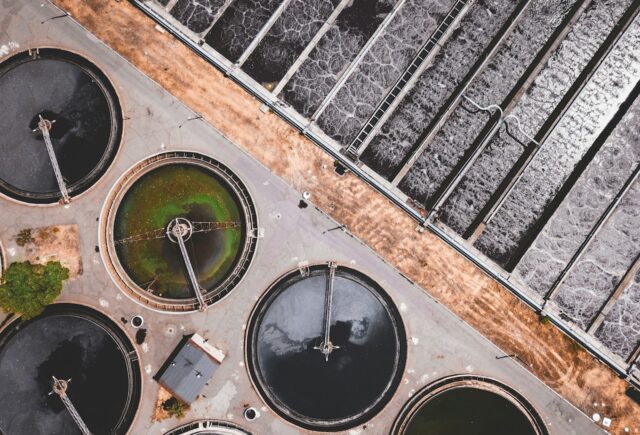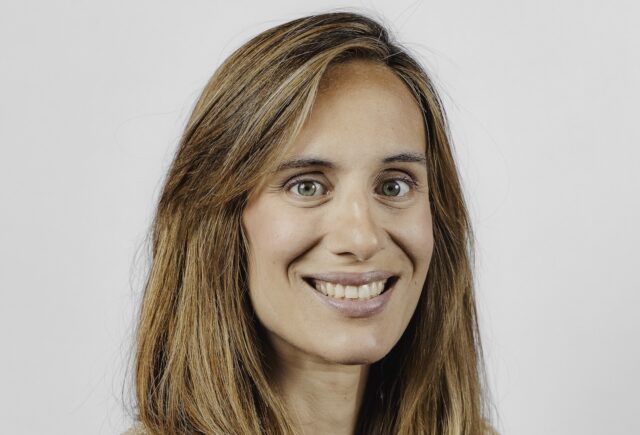The Netherlands must scale up its climate investments before it is too late, the Dutch central bank (DNB) warned in a recent report. Impact Investor asked a large public investor in Europe’s biggest seaport for a reaction.

In short
- Dutch central bank report: The Netherlands at risk of not achieving Paris climate goals unless it scales up investments.
- InnovationQuarter director Rinke Zonneveld: “Divide energy transition up into small parts.”
- InnovationQuarter and the City of Rotterdam launching €100mn Energy Transition Fund Rotterdam this week.
In order to stick to the main goal of the 2015 Paris climate agreement, which sets a limit for global warming to well below 2 degrees Celsius compared to pre-industrial levels, large-scale investment is needed in energy transition.
“So far, however, such investment has been insufficient across the globe,” DNB said in a report “In the Netherlands, too, current efforts will fail to reach the climate targets set.”
While most of the investments in energy transition “will need to be made by private parties, such as businesses and households, it is up to governments to create favourable conditions,” DNB said.
Right now, Dutch climate investment is held back because “manufacturing and energy services are facing a ‘chicken and egg’ problem of infrastructure investment,” with each party sitting on the fence to see if the other one takes the first step, DNB said.
In order to break the impasse, governments need to “do more to promote innovative investment and its financing, through subsidies, co-financing and guarantees,” DNB concluded.
A successful energy transition will after all often depend on technological innovations, which are less competitive in their early stages than fossil alternatives.
InnovationQuarter
DNB’s call for a clearer lead from the government to connect all parties is “a justifiable one”, Rinke Zonneveld, director of InnovationQuarter, the regional economic development agency for the greater Rotterdam-The Hague area, told Impact Investor.
“The acceleration of the energy transition, especially in regard to large-scale, innovative companies and projects is complex,” said Zonneveld.
“Divide the huge beast of energy transition up into small parts. In other words, simplify it. As Johan Cruyff (Dutch football player, ed.) once said: ‘A bag of money alone doesn’t score goals.’”
For example the cost of making homes less dependable on fossil fuels “is totally different” from the cost of building an entirely new sustainable heating infrastructure system. “But it all falls under ‘energy transition,’” Zonneveld said.
Energy Transition Fund Rotterdam
One June 3 InnovationQuarter and the City of Rotterdam will jointly launch the Energy Transition Fund Rotterdam [ETF].
InnovationQuarter will act as the fund manager for the €100mn fund, which will finance innovative capital-intensive companies and large sustainable projects that can contribute to energy transition and circular economy in Rotterdam.
The Dutch port city, Europe’s biggest sea port, generates one-fifth of all CO2 emissions in the Netherlands. It aims to be climate neutral by 2050.
Investments in the new energy transition fund “often involve factories that have to be scaled up later, in plastic recycling for example,” said Zonneveld. “But because they are ‘first of a kind’ factories there is often a high technological risk involved, and therefore little interest from private investors to invest in them.”
This makes the role of a publicly funded investment company like InnovationQuarter even more important, according to Zonneveld.
“Often, when developing such a factory, money has to be put in at a very early stage, so you are constantly busy with blended finance. You are constantly asking yourself: what is the best mix? Maybe put in a bit of subsidy money, followed by more equity. And how do you then attract outside capital?”
Opportunity
The energy transition can also offer countries an opportunity to make money.
“Just look at Denmark, which is now a leader in wind energy because they were at the forefront of investing in that sector,” said Zonneveld.
“In other words: they turned the current climate issue into an opportunity, and that’s something the Netherlands can learn from.”






